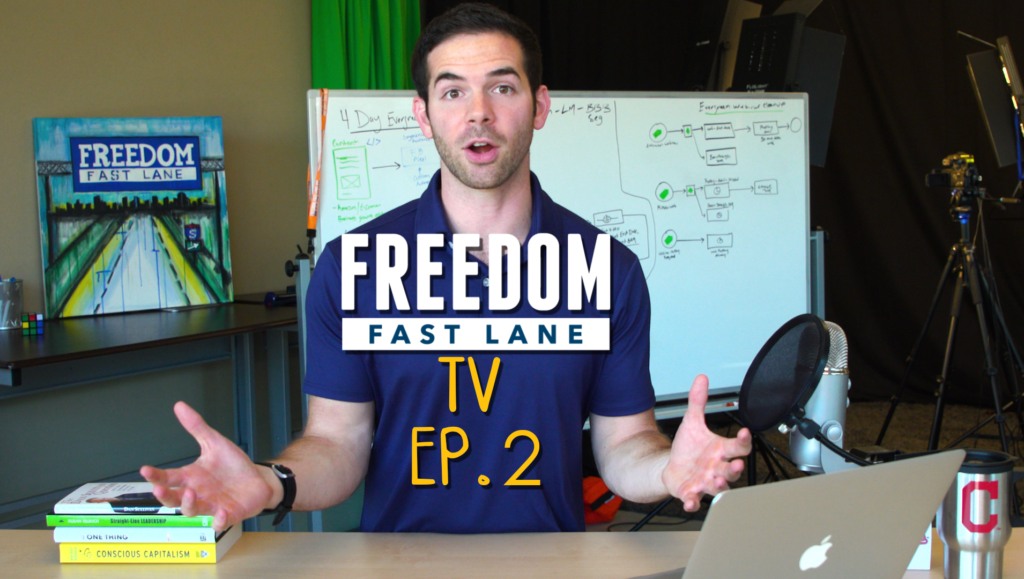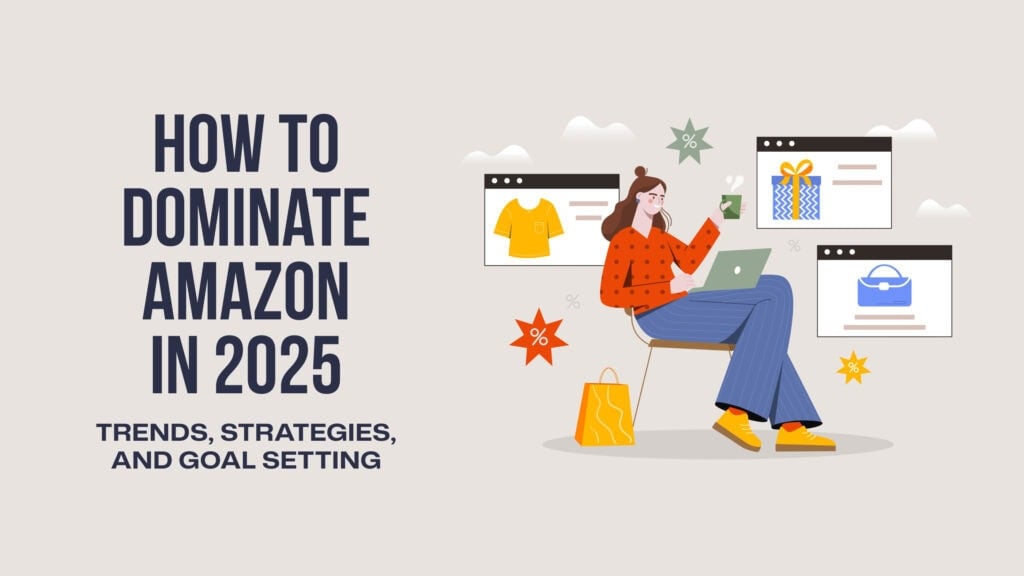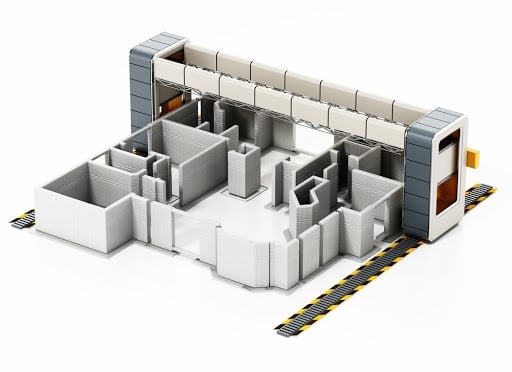Welcome to Freedom Fast Lane TV. Today, we're talking about my plan to own the Cleveland Indians, building an email list, whether it's patriotic to pay taxes and, we'll look at a brand that services new moms. Services new moms, that sounds a little bit scandalous.
So it's officially baseball off season which actually is one of my favorite times of the year. The hot stove season, is the reason I'm a baseball fan. My desire to own the Cleveland Indians is actually because I love the business side of baseball, the trades and the acquisitions that happen. This is my play time, I'm all kinds of excited right now. But a couple weeks ago I was at game seven of the World Series to see my beloved Cleveland Indians unfortunately lose to apparently everybody else's beloved Chicago Cubs. It was cool because the city of Cleveland, my hometown, was on a grand stage. Tai Lopez and I were actually sitting in the same section just by chance. Le Bron James was just behind me. And even Grant Cardone was there, pretending to be a Cleveland Indians fan, as he pretends to be a lot of things. It was great to see the city of Cleveland on a grand stage, and what was interesting during that time.
I'm very public about the fact that my dream is to own the Cleveland Indians, I plan to do that by building brands and also buying brands and putting them into a holding company that will scale to hundreds of millions of dollars and that'll pay for the Cleveland Indians.
That's my plan, anyway. But what was interesting, is while Cleveland was on this grand stage there was almost this sense of completion around the goal. What I mean by that, is part of my desire to own the Indians is: a, I think it would be the most fun I could ever possibly have. Sitting in the dugout, eye black on my eyes being the guy who is in charge of trades and acquisitions, overseeing the process and helping the city of Cleveland rise back to prominence. This is how I've always imagined it. But watching Cleveland on a grand stage, it was almost like I got to be a part of it without having to own the Cleveland Indians. And it almost felt like part of my desire was satisfied.
I recorded a podcast with Tom Bilyeu, the founder of Quest Nutrition, he'll actually be speaking at our December event, Freedom Fast Lane Live, December 9th, 10th and 11th, quick plug there. But Tom said something that I thought was really interesting. He said that their goal as a company is to end metabolic disease, and he is onboard with anything that helps accomplish that goal, whether it's another company, or whether it's within their company. He even went as far as to say that if another company could do it better than them, that he'd be all onboard to support that company. Because the goal of the company isn't necessarily to maximize profits, it is to end metabolic disease. And in a capitalistic world, the best way to actually solve that problem is to have a profitable business. I thought that was really interesting that Tom saw it as they have a goal, the best way to accomplish that goal is to be a profitable business and they're onboard with anything that does that.
And in the same way, if the goal is to see the Indians perform well and to see the city of Cleveland rise to prominence, I got some satisfaction out of that even not being the owner of the team. Watching them be on a grand scale and watch Cleveland come back to life. I had that same type of an experience. So I'll put it on the table in front of you, my recommendation the best way that you can actually have a business that makes a difference and gets all kinds of profits running through it's veins, have a common goal that people can get behind. Have a mission that other companies want to support. Have a mission that your customers want to be a part of.
A great example of this is The Honest Company. Jessica Alba's company, which was just acquired for a billion dollars. Their goal is to, I forget the phrase, but something along the lines of "making clean living sim..." I forget what it is, Google it, 'cause I just totally botched that plug that I wanted to make. But they have a common goal around providing clean, simple products for moms. When a report came out that said they weren't as clean as they marketed themselves to be, the community was incredibly forgiving to them because they had already bought into the mission that is The Honest Company. So, they didn't lose their market share. Market shares stayed exactly as it was. Their passionate customer base stayed as it was. That's the power of having a common goal and bringing your audience along with that goal. So if you don't have a goal and a mission in your company, it is a fantastic way to get people to align behind your mission and your brand and support you through the growth of your business, which is like growf of your business.
Let's move to Q and A. I believe that the best way, the fastest way to financial freedom it's why we call it the Freedom Fast Lane, is to build a business and to invest a profit. So let's answer some questions that'll help you do just that.
Q: "What are your most effective strategies for building an email list?"
A: So I think the best thing that you could do when you're building any audience, an email list is just one way to have an audience, but it's look first of all at the long game. What is every lead going to be worth?
An interesting exercise that I did recently was looking at, alright, if we collect an email address and half of one percent buys whatever it is that we're promoting, what's that worth to us? Okay, and how many of those leads will buy, will come to our December event, or how many of those leads will join our Mastermind? And let's be really conservative with the numbers and we can add up what every lead is actually worth and get kind of a guesstimate of what it is. When we look at it in that horizon, we realize that every lead is worth a lot more than we thought it was. Most people only evaluate building an email list based on dollars in and dollars out. And that's fine, but you'll be able to justify spending more money if you have more meat on the bone to work with. And you can just look at all your different products and what they're worth to you over a year's time, and that gives you the freedom to be able to make the investments that you need to build that email list.
But along with that, the best strategy for building an email list? Being willing to lose money. Being willing to just put in the time and the lost revenue, the lost profits, to build up and get your leads, and make mistakes along the way. I mean, building an email list is really the combination of some traffic source and the offer that you're making. Traffic sources are abundant. It is Facebook ads, it is YouTube ads, it's Instagram ads, it's blogging. It's wherever you are advertising in front of your audience. So where does your audience hang out? Put up the ad in front of those people, bring them over to an offer, and be willing to lose money along the way. We said on the last week's episode of this show, we talked about if you only have five hundred dollars to build a business, put all of that into building your audience. And the reason for that is because, even if you lose your entire investment, if you spent a thousand dollars to build up an email list and you lose a thousand dollars but you get the leads, you get the audience, that is worth, that can be worth thousands of dollars down the line.
So if we simply look at promoting physical products or building a brand, even if you lose your entire... If you don't make any dollars up front building up an email list or building up the audience when you are in the process of doing that, but the day you go to launch your brand, now you have hundreds or thousands of leads to market to. That's a win, because you can cash that check immediately and you can scale a lot faster. So be willing to lose money. Be willing to look at the long horizon of what each lead is worth, and then simply marry where your audience hangs out and what the offer is. Bring them together. Be willing to make some mistakes. That's how you'll build an email list that drives the growth of the business.
Q: "What would you do to decrease your taxes by the end of the year?"
A: A question after my own heart! First of all, can I go on a rant here for a second? You guys, during the election season we heard a lot about the merits and the ethics of paying taxes versus shielding taxes. Why do we assume that paying taxes is patriotic? If that's the case then why don't the people saying that just write more checks to the government? I don't think people realize that the government incentivizes the things that they want you to invest in, and those are called legal tax loopholes. That's just called being smart.
I did not vote for Donald Trump. I'm not necessarily a Donald Trump hater or supporter, but there was all this noise about him not paying taxes. The guy owns hundreds of millions of dollars worth of real estate, which is the most incentivized asset class for tax deduction. He'd be an idiot if he paid any taxes! Of course he's not going to release his tax returns because people are going to say, "He's not patriotic for paying taxes". You know what's patriotic? Investing in things that are actually going to drive economic growth or starting a business or paying for fun things for your family, because that's a better use of funds than out of touch, old politicians deciding how you're going to spend your money. It is not patriotic to pay more taxes. It is a good thing, it is an ethical thing for you to keep as much money as possible, for you to keep as much of what you legitimately earned.
This is one area where I strongly disagree with Gary Vaynerchuck. Gary said on stage at Freedom Fast Lane Live last year, that he was happy to pay 50 cents on every dollar to live in this country. I'm happy to live in this country but I think part of that is by keeping, legitimately, every possible dollar that you've earned because it is a better use of your money to reinvest it into the economy than giving it to bureaucracy.
Alright, rant over. Let's talk about the actual practicality of reducing your tax burden by the end of the year. Couple things we can do. The obvious one is to, anything that is going to be an investment throughout the next year, that you can justify spending before December 31st, this the time to do that. What is going to be the things that you can spend money on now that are going to give you an ROI? Things like if you need new equipment, new hardware.
But also if you've got profits this would be the time to join a Mastermind or come to a business and branding event in Austin, Texas, December 9th, 10th and 11th. Beautiful time to get the tax write off. Anything that will give you an ROI that might night be exactly tangible, like relationships, like putting down payments on event space, if you're going to hold an event next year or have a party for your employees, doing the things that are nice to have, that have good ROI that aren't necessarily measurable, those are investments that you want to make now. That's the obvious one, spending money where you can justify it and getting it off the books now.
The best tax loophole in the world is real estate. Both because of the depreciation expense but also because of the mortgage interests. So if you're going to buy property it's a good time to do it. Although it's always a good idea to invest in real estate. The last place that is, a lot of people don't talk about would be captive insurance. There are some mixed opinions about captive insurance. It's basically the process of starting your own insurance company where you pay for a premium, so that's a write off, but if you own the insurance company a premium is seen as a deposit, not as income. So it goes out of your business and into another business, and none of it's taxable. I'm not an expert in this but it is a way that, I think it is $2.1 million is the max that you can put away, but you can put it away tax free up to that amount. You obviously want to talk to somebody who specializes in that.
I'm not an investment guru. I don't play one on the internet. I'm not a tax guru and I don't play one on the internet. But it's something that I'm exploring right now and in the process of working on in our businesses, or at least exploring. It's just a good thing to have insurance anyway. So it's an interesting thing to be able to control that and keep that within your own operations. We do a class on investing, about making your money, investing your money and protecting your money. We don't have a fancy name for it, we don't really even market it very well but we do a little workshop here in Austin, Texas. You can get information on that over at freedomfastlane.com/investing.
And thank you for asking a question near and dear to my heart, about how to keep money out of the hands of politicians and in the hands of greedy capitalists.
Alright this is the part of the show where we look at one of our students' businesses. We try to find what they're doing well and what the opportunities to make more money and increase their exposure are.
Today is about servicing those moms. I'm a little embarrassed that I said that phrase, but this is a submission from Tim Tierney. He is a member of The Tribe. The Tribe is our incubator for brand builders, for investors, for audience leaders. We find that when we beg those three types of people together, magic happens. Because people who have ideas for brands, they come with the experience of building brands but they need capital and they need exposure, audience leaders have eyeballs but you know, they don't have an incentive to promote anything really and investors are always looking for businesses with a lot of growth. So when we put the three together, magic happens. And Tim is one of our Tribe members. He has a business called Mommy Knows Best, the website is mommyknowsbest.com. Currently doing sales of $50,000 per month and his target market is new moms and they sell products to help new moms mostly who are breastfeeding. And that's their main problem is, something in that pain point in their lives and a lot of their products address the struggles that happen there.
So Tim, I am looking at your website, and I mean within five seconds, I'm like, "I want to invest in this business". I think you're sitting on something really, really special with the name, Mommy Knows Best, and with the product line specifically that you have rolled out. Where I think you are missing an opportunity is really addressing the pain points that new moms have, or really just moms have. With a name like Mommy Knows Best, you've got a whole array of problems that you can serve with your products. Right now, you say in your description of your business, that you just serve new breastfeeding moms and the problems that they experience, but your product line suggests otherwise. Your product line suggests that your service... Service, I'm doing it again. You are, can we just say helping? You're helping moms through the entire lifecycle of them existing. You have low calorie sweeteners, you have beauty products.
Where I think you're missing is, you don't have it clear in your mind what the pain points that you're solving are. You've got one identified, which is why you do supplements. You have food products made to help breastfeeding moms. But you've got this array of products that could help all these other pain points, or at least could tip your cap to the idea that if mommy knows best, if mom is really smart, if she's really the one who makes decisions around here, she's going to make healthy choices which is why she has low calorie sweeteners, which is why she has supplements for her kids, which is why she gives her kids vitamins. These are all things that you could market to moms.
We could simply look at Jif as an example. "Choosy moms choose Jif". Now what does that say? It says that who they're targeting is the person making the buying decision which is the mom, and the simple phrase, "Choosy moms choose Jif" is simply a way of saying of mommy knows best. So obviously the mom who knows best is going to choose Jif. You're sitting on that same type of marketing angle but with a whole bunch of different products. I love the idea that you have a stevia sweetener, you've got a xylitol powder. I love that you've got foods in your lineup.
I think that is really where you can scale this business. The other opportunity that is sitting in front of you for this type of a product line, is if you go out and you get mom influencers. My goodness, there are Instagram pages of moms who cook, and cook healthy for their kids, that have hundreds of thousands of followers and they have no idea how to monetize that. There are hundreds of mommy blogs that would love to get behind a company that they want to support. There are podcasts about parenting, there are YouTube channels about being a single mom, or raising a family, or cooking vegan, or whatever. You know, all these different places where moms are consuming content and they're not promoting any product because there's not a reason to. You have the reason to if you develop the story line that you serve moms who know best, that make the best decisions for their families.
So you're sitting on a great opportunity if you give your product line a little bit more credit, 'cause you say that the person you're serving is just one pain point, you actually cover a much, much wider customer base than I think you are addressing and you can go out and get a whole bunch of new blood by going out and advertising to the audiences that are moms, that do know best, that are going to want to buy into the reason why your company exists and thus by your products. Long term, that is what's going to set you up as a multimillion dollar brand.
So Tim, you know we've met personally, so you know I'm a relatively new dad. I make none of the buying decisions for Esther, but if we look at this, remember we're looking at the person who buys, not just the product that we're selling, and when you look at, moms control the buying decisions. So moms don't just control the buying decisions when they're pregnant or when they're new moms, they control those buying decisions when their kids are six, eight, 12, 15, 16, sometimes 18, 20, 25. So we have a lot more problems and a lot more things that we can help with with our products beyond just when the baby is six to 12 months old. So I think the life cycle of your customer is a lot longer than what you're giving it credit for, and if you analyze your business in that type of a time frame, I think you're going to be able to build this company a lot bigger and a lot faster.
As we head to the end of a very noisy, crazy year, and a lot of us are a little bit uncertain about what 2017 looks like on the horizon, seems like a good time to remind everybody that you are the best shot that you've got at solving the world's problems and addressing the things in your life that you want to change. We are the change that we want to see in this world. Not government, not whoever is president. It is individuals and I think the greatest change makers are entrepreneurs. It's capitalism, that's the best shot we have of solving problems.
If you have a problem you're passionate about, make that a theme in your business. It will bring the right people onboard as employees, as customers, and it will give you a different sense of purpose into what you do as well. Capitalism is the best shot we have, and the best shot you have of changing your entire financial future and your family tree. So, as an entrepreneur, and as always, keep on changing the world.
Thanks for watching the show, we'll see you on the next one.
RELATED:
• FFLTV: TRUMP, STARTING A BUSINESS WITH $500 AND REAL ESTATE INVESTING
• KHIERSTYN ROSS: YOU CAN USE CROWDFUNDING TO LAUNCH PHYSICAL PRODUCTS?
• VIDEO: GOVERNMENT MAKES IT EASY FOR RICH PEOPLE TO GET RICHER











